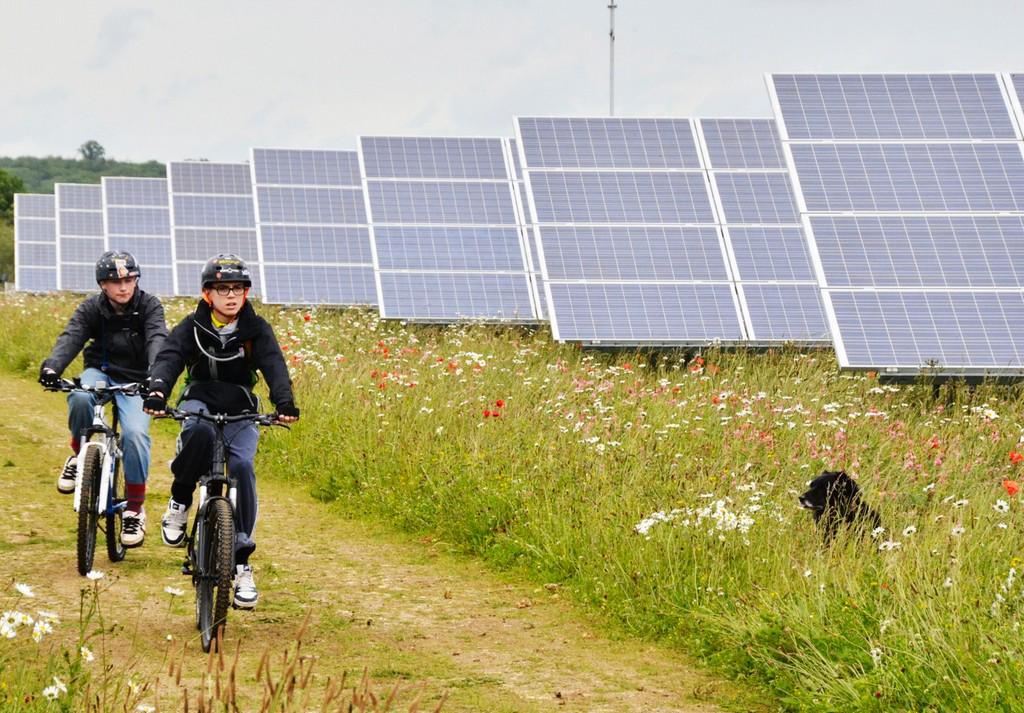Australia’s solar industry has been challenged by the development and subsequent operation of both utility and commercial solar power, a situation brought about by the decreasing cost of photovoltaic (PV) solar panels which were first utilised by residential homes in the country, with Government’s incentives of feed-in Tariff (FIT) credits and up-front discounts.
Some Commercial Solar projects – the Moree Solar Farm and the CSP plant of the consortium of Solar Dawn in Queensland’s Chinchilla – are now in pipeline limbo, the former because of a key partner’s withdrawal and a failure to obtain a PPA, and the latter due to a governmental change in Queensland from a Labour administration to that of a Liberal.
Winning Some and Not Entirely Losing Some
On the other hand, the 10MW Greenough River Solar Farm in Western Australia is up and running, and a think-tank proposal on the replacement of a couple of old power plants fired by coal with a concentrated solar power in Port Augusta in Australia’s southern region has been submitted.
Medium to large-scale development projects are either operational or in the works throughout Australia like the University of Queensland’s solar array (the largest in the country at present) and the solar plants in Marble Bar and Nullagine in the remote parts of Western Australia.
Australian Politicians Do Not Consider Solar Power a Bankable Technology
Australian politicians seem unresponsive to the vast potential of solar PVs and their commercial operation, and it is has been observed by many that what it will take to convince these politicians is several projects which should clearly demonstrate both their financial and technical viability for the country. The present technology of generating electricity by means of coal fire is not only widely deployed but well-understood, a fact that is almost always associated as having a minimum risk level from the point of view of an investor, a bankable technology if it can be called that, simply because it has always been the known kind of quantity.
Following the turmoil that surrounded the incentive schemes attached to solar power on the utility scale, politicians are adamant to give their imprimatur on renewable energy, despite sufficient evidence that its technologies can, in fact, deliver. Germany’s reliable production of its overall electricity generation and the signs of its ability to reduce electricity cost are being ignored by Australia’s politicians, even with the potential looming before their very eyes.
Strategically Positioned Today to Lead in the Future
Developers of solar power projects require support from Government to realise price-points which will confirm the economic worthiness of their projects. Without Government sustenance, future manufacturers will be hard put even to regulate commercial solar quotes for forthcoming buyers. Both Germany and Spain have done their part in setting up the environment to drive down the prices of solar power technologies to their present low levels.
Solar power expert Nigel Morris wrote an open letter to several leaders of Government which emphasised the “crucial role” that PVs will play in global economics. Morris’ letter also mentioned that companies that see the potential in PVs today have the good fortune to position themselves strategically to become the lead players in the future.
How long will Australia’s Secret Remain a Secret?
Government policy for PV solar power has remained inconsistent, dis-jointed, and meek, at best, with very few minor exceptions at different levels. This is why many consider Australia’s commercial solar program a “secret,” with those in the know either pretending they are not convinced of its successful implementation or those in the loop making its recognition, development, and terms and conditions for execution, such as those crucial to commercial solar rebates, highly restrictive and complicated.
According to Morris’ missive to Government’s leadership, the potential of PVs is ignored in the effort to “protect” the interests of electric generation by means of coal fire. Morris did not spare the Opposition and the “lacklustre” manner in which they treat the approaching magnitude of benefits that PV solar power will bring and pointed out their lack of coordination in formulating policies that can fast track the fruition of PV solar power in the country. How long will Australia keep its commercial solar power programme a secret? Only Government knows.



